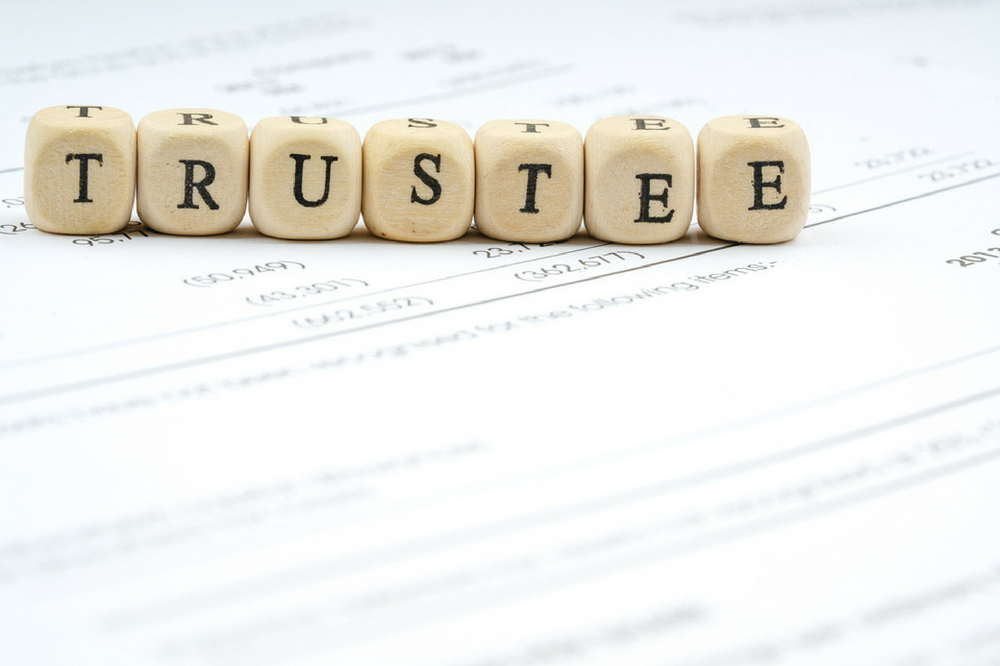You’ve probably heard of trusts and trustees before – most likely in the context of a rich kid living off of their trust fund. However, trusts are not just legal tools for the wealthy. We’ve talked about trusts before, and if you want to delve a little deeper into that subject, you can read more about whether a trust is right for you.
Today we’ll focus on what a trustee is and when you may need one.
What is a trustee?
A trustee is the person legally responsible for executing the instructions you and your attorney draft in your trust document. A trustee should always be acting in the best interest of the person benefitting from the document. That person is called the beneficiary.
A trustee only comes into play when you can’t act for yourself due to disability or death. You want to choose someone who can act with integrity and impartiality. We have additional information to help you determine who will be a good helper for your plan here.
The actual function of your trustee will depend on when they are assisting you. You may choose the same person for all scenarios or someone different for each instance.
Disability Trustee
Immediately after death, a death trustee will manage the deceased’s financial obligations. They will need to pay bills, gather or sell assets, file claims, file tax returns, and determine who gets what and when.
Ongoing Trust Trustee
This is the person who would manage the rich kid’s trust or Average Joe’s Trust. If a trust continues for other beneficiaries after the death of the primary person, a trustee may be faced with decisions regarding how much money to distribute and when – like whether to let someone buy a new car. Some other examples may include:
- If someone dies leaving minor children, then a trustee will decide how to spend the money in the trust that was left for the child/children.
- If vacation property is left in a trust, then the trustee will manage that property and the financial responsibilities connected to it.
If you’re ready to get started planning, give us a call at 217-726-9200 to RSVP to schedule your Initial Meeting.

